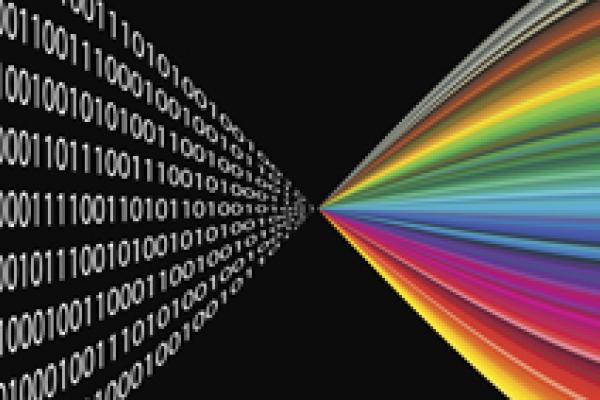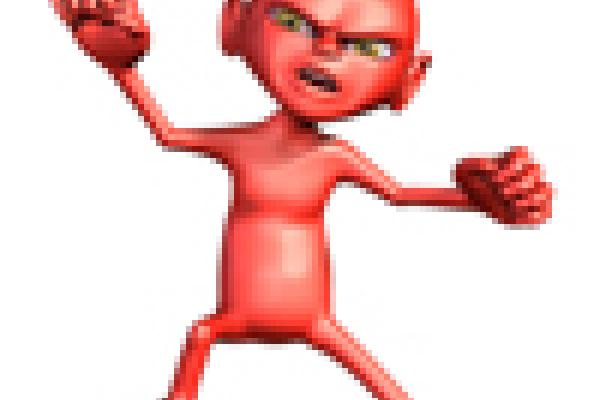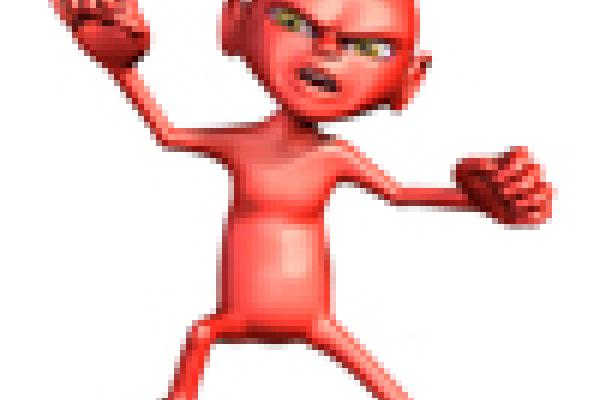Collection


Can you measure information?
Can you measure information? It's a tricky question — but people have tried and come up with very interesting ideas.


